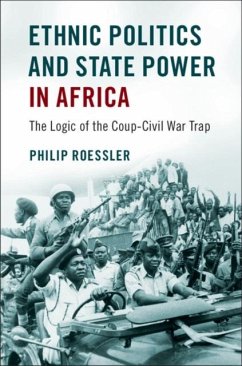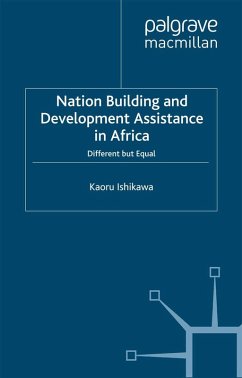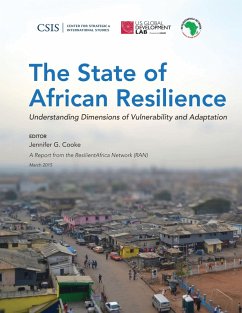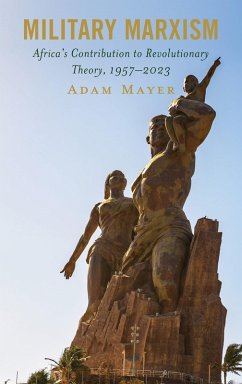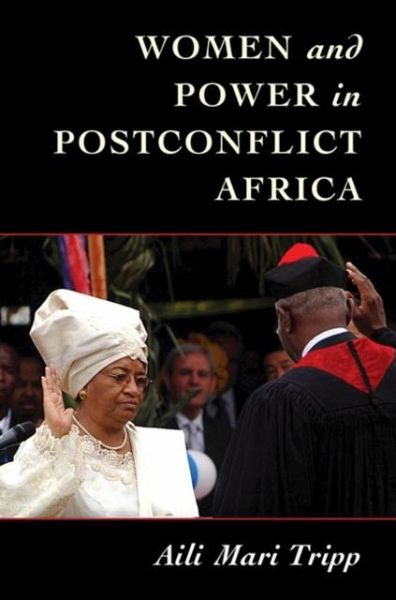
Women and Power in Postconflict Africa (eBook, PDF)
Versandkostenfrei!
Sofort per Download lieferbar
22,95 €
inkl. MwSt.
Weitere Ausgaben:

PAYBACK Punkte
11 °P sammeln!
The book explains an unexpected consequence of the decrease in conflict in Africa after the 1990s. Analysis of cross-national data and in-depth comparisons of case studies of Uganda, Liberia and Angola show that post-conflict countries have significantly higher rates of women's political representation in legislatures and government compared with countries that have not undergone major conflict. They have also passed more legislative reforms and made more constitutional changes relating to women's rights. The study explains how and why these patterns emerged, tying these outcomes to the conjun...
The book explains an unexpected consequence of the decrease in conflict in Africa after the 1990s. Analysis of cross-national data and in-depth comparisons of case studies of Uganda, Liberia and Angola show that post-conflict countries have significantly higher rates of women's political representation in legislatures and government compared with countries that have not undergone major conflict. They have also passed more legislative reforms and made more constitutional changes relating to women's rights. The study explains how and why these patterns emerged, tying these outcomes to the conjuncture of the rise of women's movements, changes in international women's rights norms and, most importantly, gender disruptions that occur during war. This book will help scholars, students, women's rights activists, international donors, policy makers, non-governmental organizations (NGOs) and others better understand some of the circumstances that are most conducive to women's rights reform today and why.
Dieser Download kann aus rechtlichen Gründen nur mit Rechnungsadresse in A, B, BG, CY, CZ, D, DK, EW, E, FIN, F, GR, HR, H, IRL, I, LT, L, LR, M, NL, PL, P, R, S, SLO, SK ausgeliefert werden.




